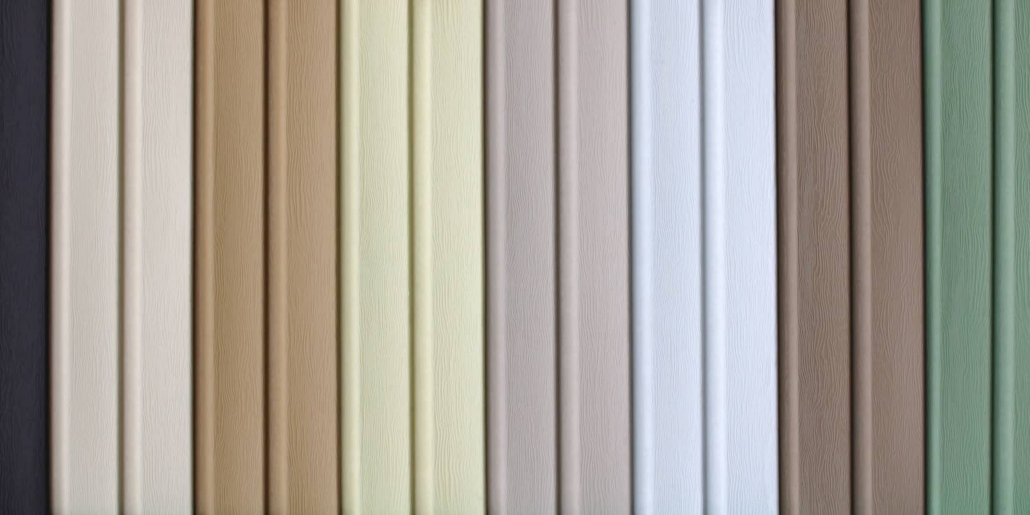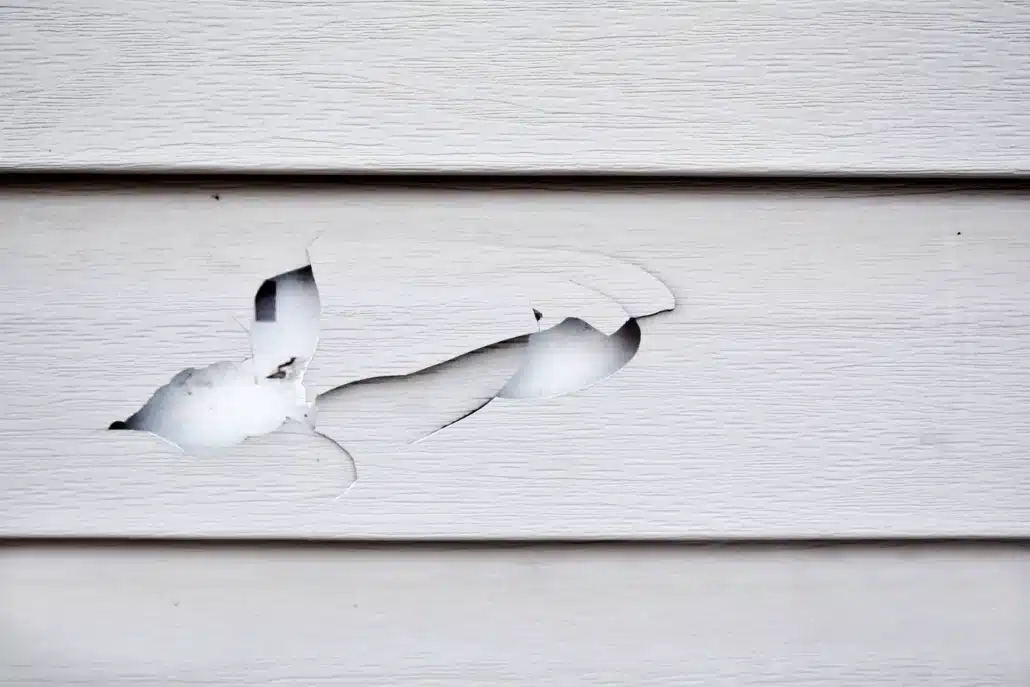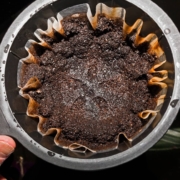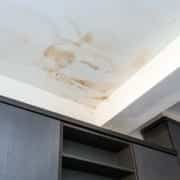How Long Does Vinyl Siding Last?
Your home’s siding endures sun, wind, rain, and temperature swings year after year. This critical outer layer takes the brunt of environmental wear to protect what’s inside. When selecting siding, you need an exterior armor that can stand the test of time without becoming a maintenance hassle. Among popular siding options, vinyl brings versatility and durability at an affordable price point. Known for fuss-free upkeep and longevity matching costlier choices, vinyl enriches your home’s curb appeal for decades to come. But how long can you expect vinyl siding to last?
In just a moment, we’ll cover the inside scoop on the average lifetime of vinyl siding, what impacts its lifespan, tips for maximizing its staying power, and when to involve trained professionals. With the right maintenance approach, your vinyl siding could defend your home’s beauty and value for a surprising length of time! Let’s see how.
The Benefits of Vinyl Siding
Vinyl siding contains PVC resin, the same durable, weather-resistant material utilized for pipes, gutters, and decking. This versatile composite mixes in color pigments and molds into panels mimicking wood grain, stucco, brick, and stone textures. Unlike real wood or masonry, vinyl shrugs off moisture, resists rotting and insect infiltration, and never requires painting or staining.
Specialized insulation backing can boost energy savings too. This perfect fusion of custom aesthetics, extreme durability, and fuss-free upkeep explains vinyl’s dominance among today’s siding choices. Protecting your home in style while minimizing maintenance has clear appeal.

What’s the Average Lifespan?
When installed correctly and maintained properly, vinyl siding lasts an average of 20-40 years before a full replacement becomes necessary. For perspective, that equals the time to grow a tree from a sapling to maturity. This impressive lifespan surpasses many other siding materials when accounting for regular upkeep expenses.
Under certain conditions, vinyl siding may begin deteriorating prematurely—low-quality materials, improper installation, excessive sun exposure, poor ventilation, or dark color choices can shorten its staying power. Make it a habit to inspect for signs of early wear or damage. Proactive care is key to enjoying vinyl’s maximum durability.
Signs Your Vinyl Siding Needs Attention
While vinyl siding ages slowly, you should keep an eye out for red flags indicating your exterior needs help. Subtle fading or discoloration, especially on sun-exposed areas, signals overdue cleaning and resealing. Visible cracks, holes, and gaps around panel edges provide pathways for moisture intrusion and pest infiltration requiring sealing. Buckling or warping panels point to stressed connections and possible future detachment that should be addressed.
Persistent dirt or mold/mildew buildup indicates improper maintenance and ventilation needing correction. Brittle, punctured, or loose sections demonstrate advanced weathering necessitating replacement. If you spot isolated vinyl damage, spot repairs often work well. But if multiple regions across your home’s siding show issues, full replacement becomes the wiser, more cost-effective solution long-term.
Acting early at the first signs of trouble allows minor repairs. Waiting until problems compound leads to premature failure. Regularly inspect and address concerns promptly to maximize your siding’s lifespan.
Other Recommended Maintenance
To maximize your vinyl siding’s lifespan, make maintenance a priority. Wash it annually with mild detergent to remove dirt, mildew, and debris. Inspect for any loosening, gaps, or damage, especially after severe weather. Reseal edges and repaint when needed to protect from moisture and sun exposure. Ensure surrounding trees don’t rub against the siding. With this diligent care, your vinyl siding will keep your home beautifully protected for over two decades in many cases.

When to Call a Professional
While DIY works for minor vinyl siding repairs, extensive damage often requires professional expertise. Siding contractors have the skills to properly match new panels, integrate repairs seamlessly, meet codes, and follow the manufacturer’s replacement guidelines correctly. For complex siding issues, a specialist makes sure the job is done right.
Conclusion
All things considered, your home’s exterior siding plays a critical role in protecting your most valuable investment from the elements. When well-maintained, vinyl siding provides customized curb appeal and fuss-free durability for over 20 years on average.
Stay proactive against potential damage by washing and inspecting it annually, acting quickly on any signs of wear. With diligent care, vinyl siding forms a resilient barrier against weathering to maintain your home’s structure and aesthetic appeal over the long haul. If you have questions about the condition of your home’s exterior or want to schedule an in-depth inspection, don’t wait! Call Inside and Out Property Inspectors, or schedule online, in Jacksonville, FL, and surrounding areas today.













